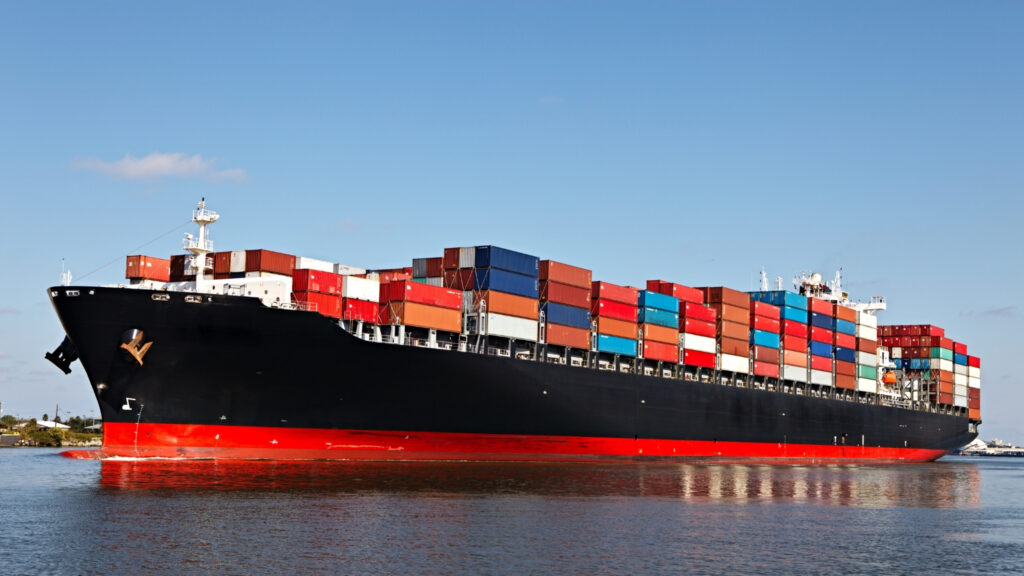As the shipping industry faces increasing pressure to reduce its significant carbon footprint (3% of global CO2 emissions), nuclear power is emerging as a viable, though controversial, alternative to traditional fossil fuels and other renewable energy sources. While alternative fuels such as hydrogen and ammonia show promise, nuclear power boasts exceptional efficiency and near-zero emissions, aligning with international environmental goals set by organizations such as the International Maritime Organization (IMO).

Nuclear-powered vessels are not entirely new. The U.S. Navy has a long history of safely operating a nuclear fleet, and Russia utilizes the nuclear cargo vessel Sevmorput, powered by a KLT-40M reactor. A promising advancement is the molten salt reactor (MSR), which operates at high temperatures for efficiency, enables easy liquid fuel refuelling, and enhances safety by solidifying at lower temperatures, trapping fission products. MSRs using chloride-based molten salts can even reprocess spent fuel from traditional reactors, significantly reducing long-lived nuclear waste. “Nuclear power offers insane efficiency and near-zero emissions, aligning perfectly with international environmental goals,” notes the original report.
The benefits of nuclear-powered cargo ships include infrequent refuelling (once every few years), reducing fuel costs and reliance on volatile energy markets. These vessels require fewer port stops, increasing operational flexibility, and offer a high power-to-weight ratio, enabling heavier cargo loads and faster travel. The compact engine rooms, free from the need for large fuel storage, also maximize cargo space. However, concerns remain regarding security, safety, and public perception. The threat of accidents leading to radioactive leaks or potential terrorist attacks must be addressed through stringent regulations and enhanced safety measures.
Despite these challenges, significant investments are being made in nuclear-powered ships by countries such as South Korea and China, as well as by private companies. This signals a potential future where emission-free cargo fleets, powered by miniature nuclear reactors, contribute to a cleaner global trade system. The widespread adoption of this technology depends on overcoming safety hurdles, addressing public anxieties, and ensuring robust regulatory frameworks.